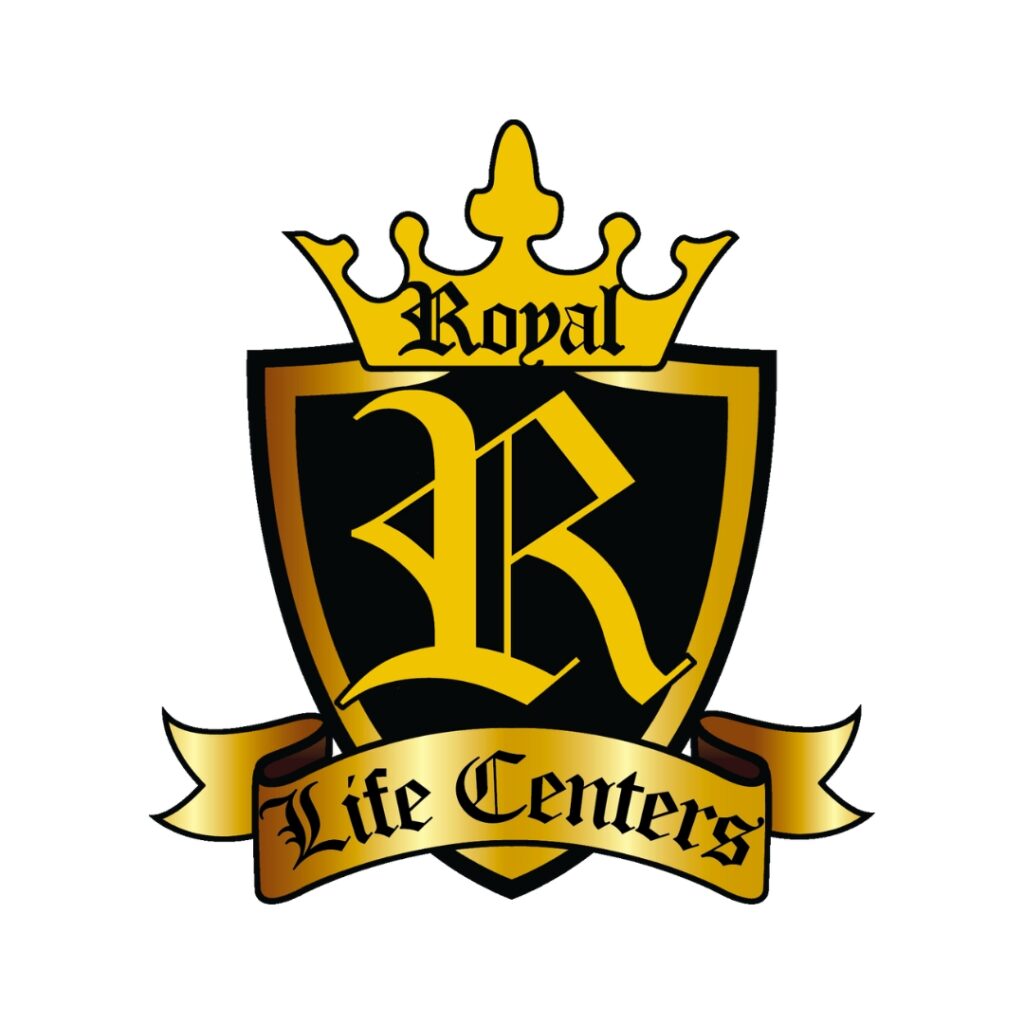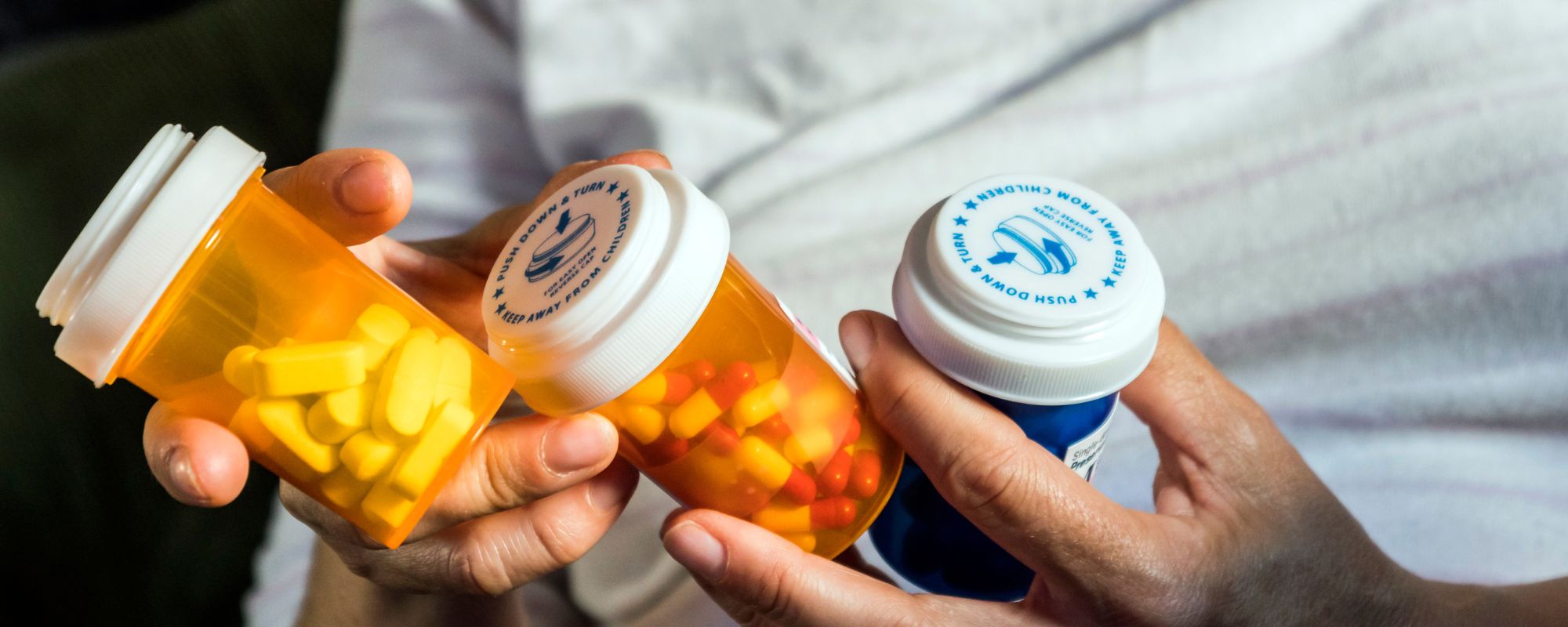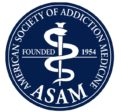Everyone has experienced pain at some point in their life, and some live with pain as a constant reality. In these cases, prescription opioid medications like hydrocodone can help in managing their discomfort and improve their quality of life. However, it is important to know that taking any opioid medication comes with risks. A large concern about taking these medications occurs when people mix hydrocodone with alcohol or other medications.
What Is Hydrocodone?
Hydrocodone is a powerful opioid commonly used for treating pain and severe coughing and as a pain manager after undergoing major surgery. It is a common ingredient found in other medications such as Vicodin.
As an opioid, Hydrocodone works by attaching to opioid receptors in the brain, blocking pain signals from being sent through the body and producing a feeling of euphoria and relaxation. Of course, these side effects also cause a risk of abuse and dependence when taking Hydrocodone over long periods or in high doses.
Currently, Hydrocodone is classified as a Schedule II controlled substance due to its current accepted medical applications despite its risk for addiction. Because of this risk, it is important to only take Hydrocodone with approval from your doctor and only as prescribed.
Is It Safe to Drink Alcohol with Hydrocodone?
It is never recommended to drink alcohol while taking any medication, especially a prescription opioid like Hydrocodone. Alcohol is a depressant, and when combined with opioids, these substances can negatively interact with each other.
What Are the Risks of Mixing Hydrocodone With Alcohol?
If you are taking Hydrocodone, it is important to understand the risks that can occur as a result of drinking with this medication.
Common side effects of mixing alcohol and Hydrocodone include:
- Dizziness
- Nausea
- Vomiting
- Drowsiness
- Confusion
- Sleepiness
- Impaired judgment
- Coordination issues
Mixing alcohol and Hydrocodone can negatively affect your physical and mental control which can increase the risk of accidents and injuries. Heavy or frequent drinking while taking Hydrocodone can also increase the risk of developing an addiction to both substances.
It is important to understand that the typical risks are much greater when combining hydrocodone with other drugs or alcohol – in some cases, these interactions can be fatal.
The life-threatening risks of mixing Hydrocodone with alcohol include:
- Slowed or stopped breathing: Alcohol and Hydrocodone slow down the central nervous system, including the respiratory system. When taken together, they can slow breathing to a dangerous level or even stop it altogether, which can be fatal.
- Overdose: Alcohol can increase the effects of Hydrocodone, making it more likely that a person will overdose, which can lead to several severe side effects, including coma and death.
If you are taking Hydrocodone, it is best to avoid drinking alcohol altogether to avoid risks associated with mixing these substances. If you are struggling with these substances, it is important to seek professional help as soon as possible.
Opioid Abuse
Are you struggling with an addiction to opioids?
Royal Life Centers at The Haven is here to help you recover. Because we care.
Facts About Opioid Abuse
Despite their usefulness in helping those who suffer from chronic pain manage their symptoms, opioids like Hydrocodone pose a major threat to public safety in the U.S. today. As of 2021, nearly 75% of the 107,000 overdose deaths recorded that year involved an opioid.
The opioid epidemic has grown so much that overdoses related to these drugs are now considered to be a leading cause of death for Americans ages 18-45. Illicit fentanyl, a synthetic opioid that is 50-100 times more potent than morphine, is a major driver in this epidemic.
Of course, prescription opioids like Hydrocodone also play a major role in the opioid crisis. In 2019, more than 4.5 billion prescription opioid pills were dispensed in the United States. Those who misuse prescription opioids are at increased risk for developing opioid use disorder, which can have serious harmful consequences for those struggling with this disease.
Addiction Treatment at Royal Life Centers
While drug and alcohol addiction is a chronic, destructive disease, there is help available. While there is no one-size-fits-all approach to the addiction recovery process, there are certain levels of care that are likely to be a part of this addiction treatment approach.
At Royal Life Centers, we provide a full continuum of care for opioid addiction treatment including:
- Medical detox
- Residential treatment
- Aftercare
- Outpatient treatment
While participating in our addiction treatment programs, you can learn about the underlying reasons you began mixing Hydrocodone with alcohol and start to heal.
Medical Detox
To ensure your safety while detoxing from Hydrocodone and alcohol, our treatment team provides evidence-based treatment. Through medication, education, and therapy, our clinicians can assist you in managing withdrawal symptoms and cravings.
Residential Treatment
During residential treatment guests stay at our facility while receiving 24/7 support. Residential care typically follows detox, continuing the intensive clinical and therapeutic services to prevent relapse and build coping skills.
Aftercare (PHP & IOP)
Aftercare consists of partial hospitalization programs (PHPs) and intensive outpatient programs (IOPs). These programs provide continuing care for guests following the completion of the inpatient levels of care (detox and residential treatment)
Outpatient Treatment and Sober Living
Outpatient programs (OPs) offer the most flexible approach to addiction treatment. Outpatient sober living options can provide additional support that can help guests maintain their sobriety in a community of like-minded people.
What To Expect In Alcohol and Drug Rehab
Royal Life Centers offers comprehensive addiction treatment to help individuals struggling with addiction find the hope and healing they deserve. Our program combines evidence-based and holistic treatments to help you recover from opioid addiction and regain control over your life.
Our addiction treatment features a variety of services such as:
- Medication-assisted treatment (MAT)
- Dual diagnosis treatment
- Medication management
- Behavioral therapies
- Trauma-informed care
- Holistic services
Our evidence-based and holistic approach allows us to provide individualized treatment that can meet your unique needs. To do so, we offer a wide variety of treatment services to help you understand your addiction, develop coping skills, and build a support network.
With the help of our compassionate and knowledgeable staff, you can uncover and heal the underlying causes of your addiction. In doing so, you can build strong foundations for your recovery. We are dedicated to providing the addiction treatment services and resources needed to overcome addiction and reclaim your life.
Medication-Assisted Treatment
Medication-assisted treatment (MAT) is a safe, effective treatment for opioid addiction. Our MAT program provides FDA-approved medication for opioid use disorder (MOUD) and alcohol use disorder (MAUD) to help reduce cravings, manage triggers, and lower your risk of relapse. During MAT, our guests also participate in behavioral therapy and drug addiction counseling to build a foundation of coping skills to maintain their sobriety after treatment.
Start Healing From Addiction Today
No matter what your treatment needs may be, our extensive selection of rehabilitation options and recovery services can make sure every aspect of your addiction is being addressed and cared for.
Opioid addiction can be a serious and scary disease, but with the right support, recovery is possible. We are available to answer all of your treatment questions and help you understand what levels of care will give you the best chance at sobriety. Call 877-RECOVERY to start your recovery from hydrocodone addiction today!













